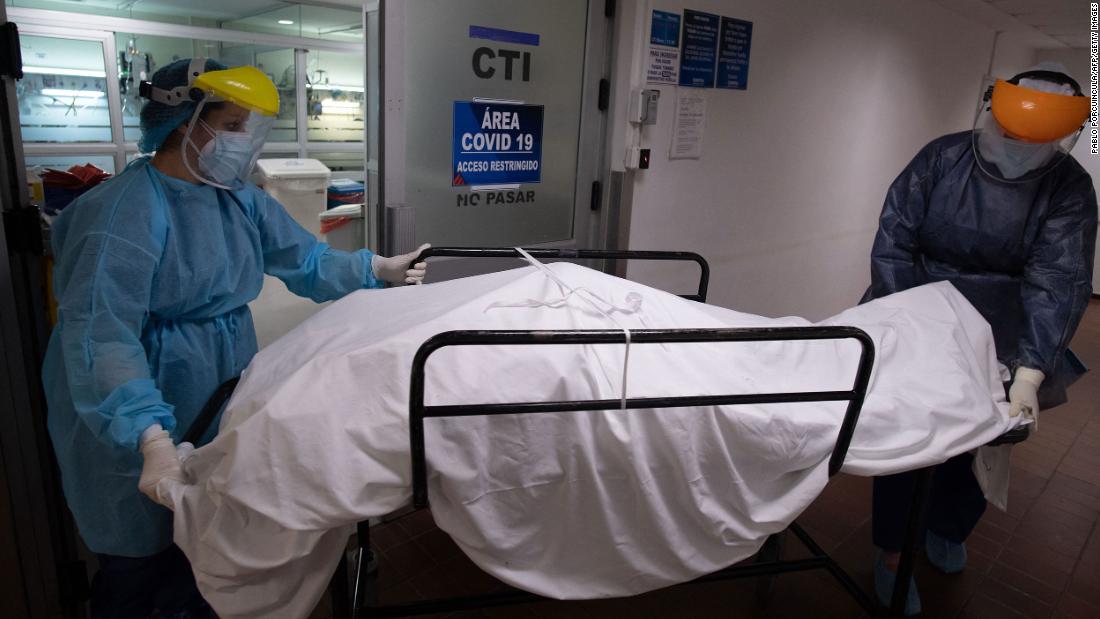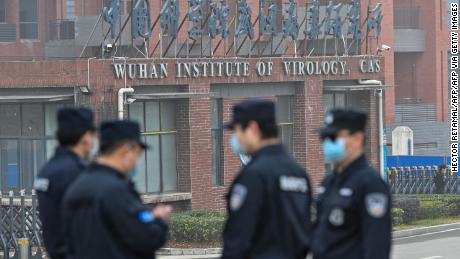While rich countries with high vaccination rates get back to normal, Covid cases and deaths are rising in low-income nations
- A Covid-19 outbreak at a nursing home shows that older people need time to develop an immune response to the vaccine. German nursing home residents who got infected even after they were vaccinated had milder symptoms and got well quicker than unvaccinated patients — even though they were infected by the Alpha variant, first detected in the UK, researchers reported Tuesday. A separate study from the US CDC shows that people who have been fully vaccinated are more than 90% protected against infection and, if they do fall ill, have milder disease than unvaccinated people.
- The impact of Covid-19 on global livability has been absolutely devastating, but some destinations have fared much better than others. This year Auckland, New Zealand climbed to the top of The Economist Intelligence Unit’s Global Liveability Index — thanks to its success in containing the pandemic quickly, enabling restrictions to be lifted early on.
- Brazil’s Supreme Court will meet Thursday to consider the possible suspension of next week’s Copa America soccer tournament after some law makers and labor groups argued the tournament should be stopped due to the possibility it could spark a fresh wave of Covid-19 cases. Brazilian national team players and staff criticized the tournament’s organizers in an open letter on Wednesday, but said that they would still participate should it go ahead.
YOU ASKED. WE ANSWERED.
Q: Is it safe to go on vacation?
The CDC’s threat levels are determined by the number of Covid-19 cases in a given country. At each level, the agency recommends getting vaccinated, but its guidance for unvaccinated people varies by how severe the pandemic is in each country.
It’s recommended to avoid traveling to countries at level 4, the highest threat level, which have more than 500 cases per 100,000 residents in the last 28 days. Level 4 countries include nations such as Brazil, India and Iraq. Level 1 countries like Australia and New Zealand are considered the lowest risk destinations, and they have reported less than 50 Covid-19 cases in the last 28 days.
TOP 3 READS OF THE WEEK
US lawmakers focus on a classified report supporting the lab leak theory
The report, which was issued by researchers at the government-backed Lawrence Livermore National Laboratory in May 2020, found that it was possible that Covid-19 escaped from a lab in Wuhan, according to four people familiar with the document, at a time when that line of inquiry was considered politically taboo.
It’s not clear how influential the paper’s findings were in advancing the government’s understanding of the virus’s origins nor whether the document affected a simmering debate over whether the kind of research being done on coronaviruses at the lab might have contributed to the creation of Covid-19. The report also found that virus might have developed naturally in the wild — echoing what the intelligence community now says it believes — and multiple sources familiar with the document downplayed its significance.
American senators took a military aircraft to Taiwan to announce a vaccine donation, angering Beijing
A delegation of US senators visited Taiwan on Sunday to announce the donation of 750,000 doses of Covid-19 vaccine. Taiwanese President Tsai Ing-wen called the shots “timely rain” for the island, which has only vaccinated 3% of its population and on Saturday recorded its highest daily death toll of 37 people.
The US’ donation is likely to draw the ire of Beijing, which has bridled at Taipei’s apparent refusal to accept its offer of Chinese-made coronavirus vaccines. Taipei, on the other hand, has accused Beijing of blocking its efforts to purchase vaccines internationally, rather than trying to help.
How a vaccination experiment known as ‘Project S’ transformed one small Brazilian city
Nationwide, Brazil has the second-highest number of deaths from Covid-19 in the world, after the US, and it is heading into its third wave with daily cases and deaths on the rise. Only 10% of Brazil´s population is fully vaccinated. But people living in Serrana say they’re experiencing a very different reality, thanks to Project S.
This spring, researchers gave the full two doses of the Chinese vaccine Coronavac to 27,160 adults — about 95% of the city’s adult population. While researchers’ full findings have not yet been peer-reviewed or published, preliminary results released on June 1 showed an 80% reduction in the number of symptomatic cases, with an 86% decrease in Covid-related hospitalizations and a 95% drop in mortality.
TOP TIP
Rethink your mental shortcuts: When we try to solve problems or make decisions, we rely on “heuristics,” a fancy name for the rules of thumb, intuition and mental shortcuts that help with our judgment, according to Eve Wittenberg, a health decision scientist at the Harvard T.H. Chan School of Public Health.
But with Covid there is ambiguity — the not knowing what the probability of certain outcomes are. And Wittenberg said that makes taking a risk, like whether to dine indoors, board a plane or attend that concert, even harder. A crucial tip for decision-making is to update your decisions based on the incoming information.
Assess how protected you are: For the most part, unvaccinated people are primarily a risk to other unvaccinated people but aren’t much of a risk to the vaccinated. (And the vaccinated aren’t much of a risk to them.) Experts say for most people, in most situations where we are not close to people for a long period of time, it’s about assessing the situation that you’re in and taking steps to mitigate the risk.
Think about if you are risk-tolerant or risk-averse: People differ in what they worry about, and as such, individuals should take in information and evaluate how trustworthy they consider it and how relevant it is to their own situation.
![]()




